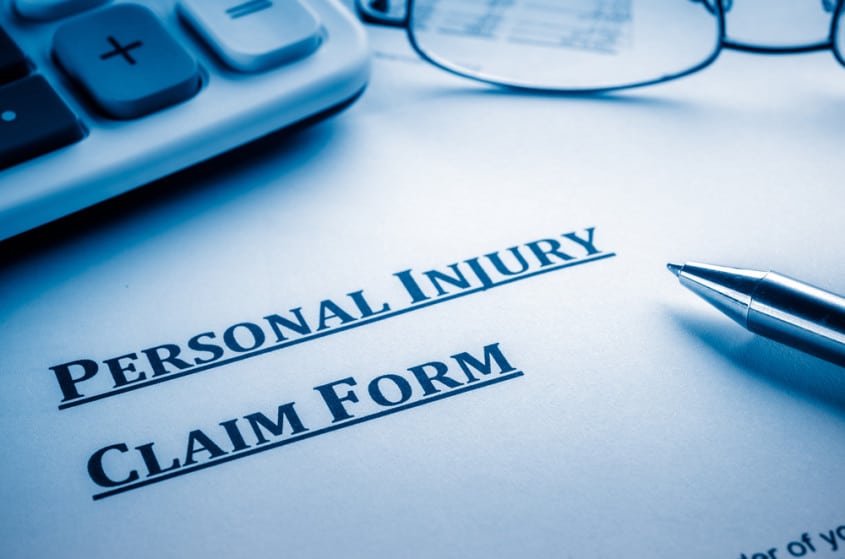Understanding Damages in a Personal Injury Case
“Personal Injury” is a legal term for an injury to a person’s body, mind or emotions, as opposed to one’s property or reputation. A personal injury can be something as minor as a few cuts and scrapes following a slip and fall accident, or it can extend to include catastrophic physical injuries and even death. Just as the degree of injury can vary dramatically, so can the damages to which you may be entitled. Here are the types of damages you can expect to see accounted for in a personal injury case:
Non-Pecuniary General Damages
In a personal injury case, there will be many expenses that can be calculated in dollar figures. It is simple to calculate the price of medication, or the cost of surgery to repair a wound, or the loss of income caused by taking time off work to recuperate. Pain and suffering are not associated with a precise dollar amount, but they are compensated monetarily as “non-pecuniary general damages.”
Non-pecuniary general damages include physical pain, emotional suffering, and psychic trauma as a result of the accident or incident. The Supreme Court of Canada capped non-pecuniary general damages at $100,000 in a 1978 case called Andrews v Grand & Toy Alberta Ltd. With inflation, this figure totals around $360,000 in 2015 dollars.
Past Loss of Income
Did your injury cause you to miss work? If so, you are entitled to recover the lost wages. The total damage in this regard will vary depending on your income and time out of work. A part-time worker who lost a month of work to recuperate will receive less compensation than a full-time worker who was unable to work for a year due to injury.
Past Out-Of-Pocket Expenses
If you had to pay for an ambulance to get to the hospital, needed to pay for prescription medication, purchase assistive medical devices, or pay for medical or rehabilitative treatments, you may be entitled to compensation for these out-of-pocket expenses. Make sure you keep all receipts and keep track of expenses related to recovering from your injury.
Future Loss of Income
In addition to past loss of income, you may be entitled to compensation if the injury prevents you from earning as much as you would have had you not been injured. This usually requires an expert to weigh in and calculate predicted loss of income. A person who experiences a slight decline in motor skills would be entitled to different compensation than someone who is rendered completely disabled and unable to work.
Future Care Costs
Finally, damages will account for future care costs. If you are expected to be in need of future treatment, such as physiotherapy, massage therapy, or psychotherapy, this will be included in the calculation.
Every accident and every injury is unique, and thus every personal injury case is also unique. This is why it’s important to have an experienced and qualified personal injury lawyer in Ottawa assess your case and help you obtain the compensation to which you are entitled. Contact Mullowney’s Law to learn more.



No Comments